Ten Questions for Franny Choi
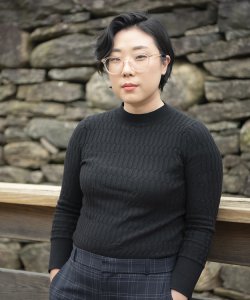
“The more you write, the more there will be to write about—so you’ve just gotta cut it off at some point!” —Franny Choi, author of The World Keeps Ending, and the World Goes On
Jump to navigation Skip to content
Articles from Poet & Writers Magazine include material from the print edition plus exclusive online-only material.

“The more you write, the more there will be to write about—so you’ve just gotta cut it off at some point!” —Franny Choi, author of The World Keeps Ending, and the World Goes On

The author of The White Mosque considers how writing holds space for the accidental, the random, and the stray.
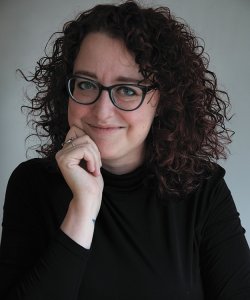
“The first draft is just telling the story to yourself.” —Jeanna Kadlec, author of Heretic
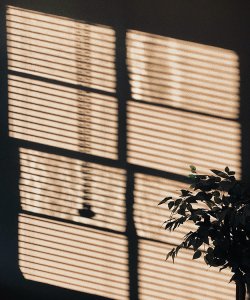
The author of The White Mosque charts the ambience of literary worlds.
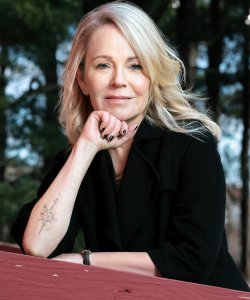
“Fixed ideas are always problematic when it comes to writing fiction.” —Dani Shapiro, author of Signal Fires

The author of The White Mosque offers an ode to intertextuality.

In her third novel, Our Missing Hearts, best-selling author Celeste Ng continues to explore the social and political pressures that shape family dynamics—this time in a story set in a contemporary dystopia that feels frighteningly familiar.

The Fall 2022 issue of Crazyhorse will be the last under a name that the editors now recognize as a “longstanding appropriation of Lakota culture.”
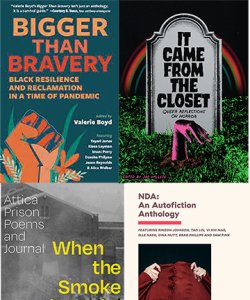
A look at four new anthologies, including Bigger Than Bravery: Black Resilience and Reclamation in a Time of Pandemic and When the Smoke Cleared: Attica Prison Poems and Journals.
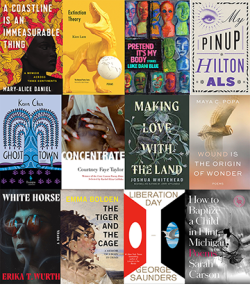
The first lines of a dozen noteworthy books, including Extinction Theory by Kien Lam and Liberation Day by George Saunders.

An organization founded and directed by Reginald Dwayne Betts seeks to bring the spirit of literature into prisons by installing libraries and inviting theater productions, book clubs, and world-class writers inside carceral walls.

While some literary magazines pay up to a few hundred dollars for literary work, many don’t pay at all. A published writer offers an overview of how to find paying markets, when to publish for free, and tips for a submission strategy.

A curated list of twenty-two literary magazines that pay writers cash for their creative contributions.
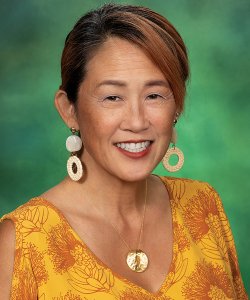
Essays by debut authors Madhushree Ghosh, Sari Botton, David Santos Donaldson, Shareen K. Murayama, and Jane Campbell.

The Oxford Dictionary of African American English, slated for release in 2025, will involve a three-year-long multidisciplinary research project compiling terms popularized by speakers of African American English.

Black Lawrence Press’s Immigrant Writing Series was launched in response to a lack of book-publication options for immigrant writers, whose unique perspectives might not resonate with nonimmigrant editors.

The author of In the Current Where Drowing Is Beautiful highlights five journals that first published her poems, including Peripheries and the Capilano Review.
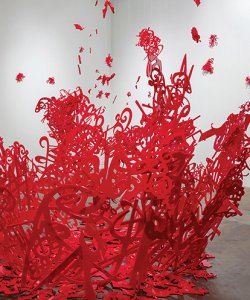
Dallas artist Simeen Farhat crafts text-inspired sculptures in a complex process that blends literary and figurative composition and reminds viewers of language’s physicality.

Graywolf Press’s new publisher and executive director discusses the shifting landscape of literary publishing, her multidisciplinary career, and what collaboration means to her.
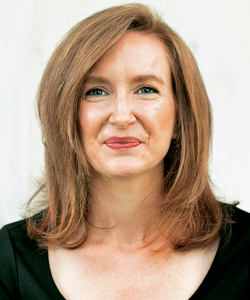
A poet and author offers tips for how to find and collaborate with a growing group of independent publicists who work specifically with poets and small press authors and whose help is available for far less than high-profile publicists.
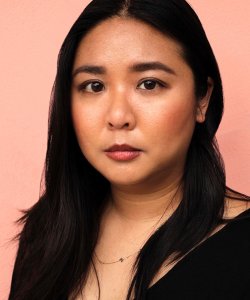
“There’s space for your story.” —E. M. Tran, author of Daughters of the New Year
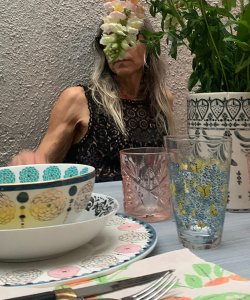
“Poetry is impossible, but it is not difficult.” —Olena Kalytiak Davis, author of Late Summer Ode

The author of Selected Books of the Beloved investigates the uses of specificity in narrative poetry.
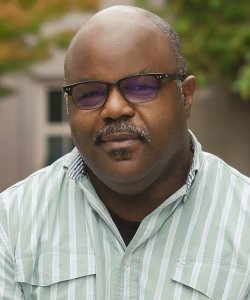
“I’m not a writer, I’m a receiver for something I don’t always understand.” —James Cagney, author of Martian: The Saint of Loneliness

The author of Selected Books of the Beloved illuminates the power of narrative to move a poem forward.